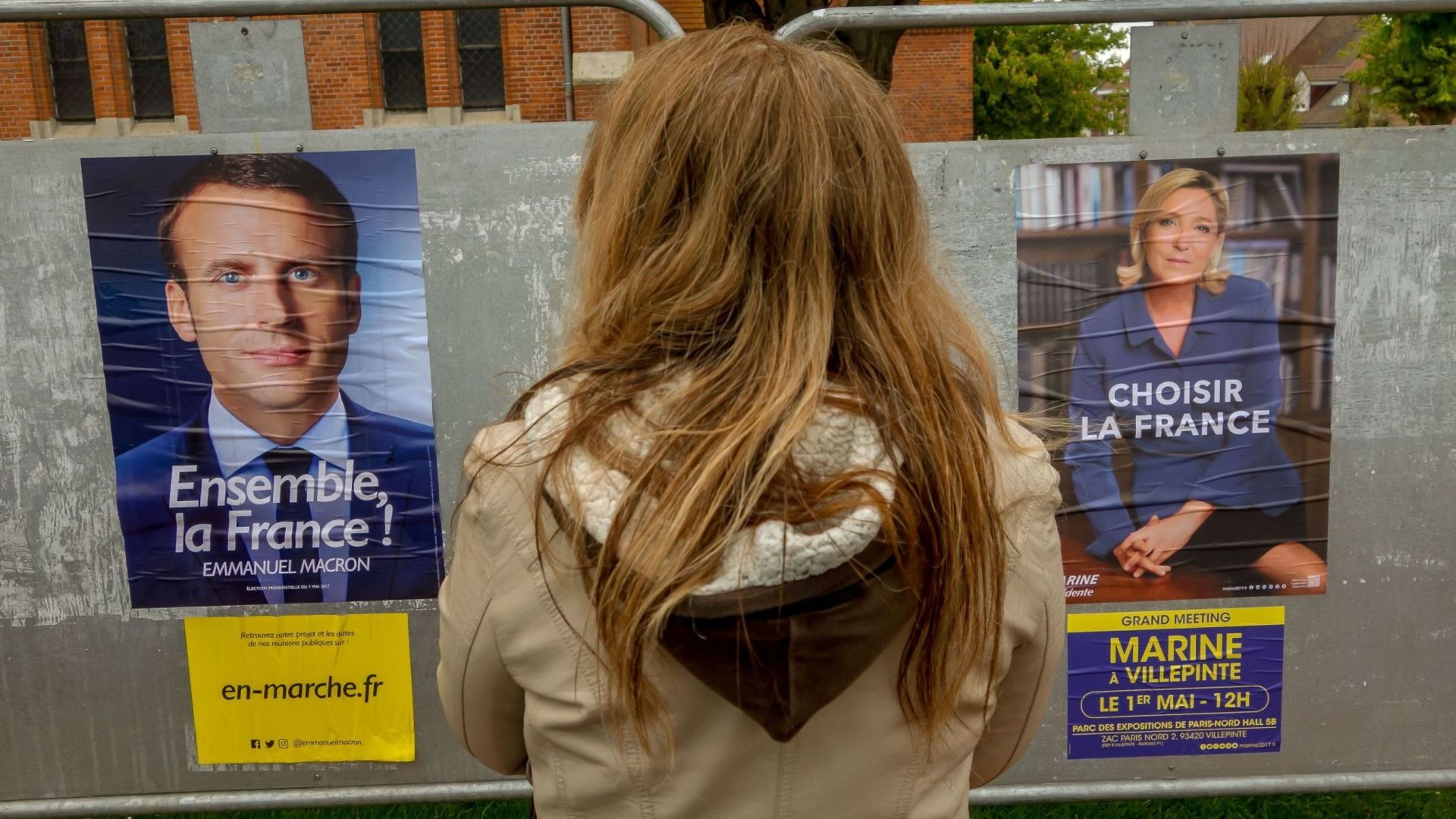So… it’s between Le Pen and Macron, with the latter expected to win collecting approximately 60% of the votes.
I beg to differ on nearly every analysis that I have yet had the opportunity to read. And I similarly disagree with the analysis many have given for either Trump’s victory or so-called ‘Brexit’.

I read (and hear) that radicalising shifts have occurred with various explanations given, yet in my reflections this has nothing to do with a rising ‘extreme’ right or left, or indeed a disenfranchised group of out-of-work ‘proletariat’ nor even a growing disparity in wealth between amongst the richest 2% and ‘bottom’ 80%. Personally, I think this is just plain nonsense that uses and imposes post-WWII political views to a world that has significantly changed (in terms of its political climate).
So where to sense into the new political realities?
It seems to me that we have moved very much from an economic political reality to a renewed focus on the social-political situation, and in large part due to a far better (on the whole) availability of wealth (not that it is by any means equally distributed). In this large availability, there is a growing tension that dictates what individuals may or may not do: i.e., there has been a growing imposition on not only what one may do, but also how and even when one may do it. I won’t enter into all too many examples, but they are characterised by two common strides that have been invoked in all three political events mentioned above (Brexit, Trump’s election, and Le Pen’s unaccustomed rise):
The first is the increased ‘red-tape’ in all walks of life, with its dictates as to even seeking to regulate what may or may not be said (such as the ultra-offensive rules against speaking – or writing – content to which someone may take offence, such as being critical of slavery, child sexual abuse or marriage, or discrimination of women if that criticism is levelled against islam or its founder). Brexit, Trump’s election, and Le Pen have all spoken directly against the increasing red-tape and increased controls introduced by existing structures with which the voting public participates (in the case of Brexit, this is what comes from Brussels).
The second is closely connected and even more insidious, as it remains as nearly invisible as water is to its swimming fish: the slow and (excuse the pun:) progressive shift from democracy to bureaucracy. Gone are the days when a public service was at the service to the public via the elected government. Increasingly, the reality has been the other way around: the elected individuals are expected to pass legislation prepared by and for the non-elected bureaucrats (inclusive of UN sections along with all too many NGOs) who have the presumed expertise in their respective fields. As a consequence, what we have seen are increased regulations across all areas of life, with correspondingly increased powers and broadening of bureaucracies.
It is to the latter that the population is responding, and why both former ‘right’ and ‘left’ (economically determined divisions) voters are re-grouping. If the ‘left’/’right’ axis can be viewed as the x-axis on the cartesian plane, what is occurring is that, as there has been a move towards the centre from both the right and the left, greater emphasis and importance is being placed on the z-axis differentiation. This is really a (newer) differentiation that leverages regulations within definite (even if shifting) geographical consciousness (to which the economic spectrum is – correctly – oblivious).
[I’ll get to the y-axis perhaps another time, which is the sphere of the cultural-artistic-education-religious realm, epitomised by views of the human being as intrinsically essential-individual and spiritual on the one hand, vs potentially interconnected and purely physiological/transhumanist on the other].

So to return to the French elections (and Trump, and ‘Brexit’): Le Pen no longer characterises the far right, nor Macron the far left from the Socialist government from which he emerges. Rather, they each represent the new political landscape: Macron the collective bureaucracy that seeks to ‘protect’ and ‘ensure’ that all are ‘safe and sound’ with ever increasing regulations; and Le Pen the individual striving within the context of a tangible political landscape (i.e., visible borders of the community) in and through which a common valuing and virtue is encouraged and allowed to flourish through individual striving.
Leave a Reply
You must be logged in to post a comment.